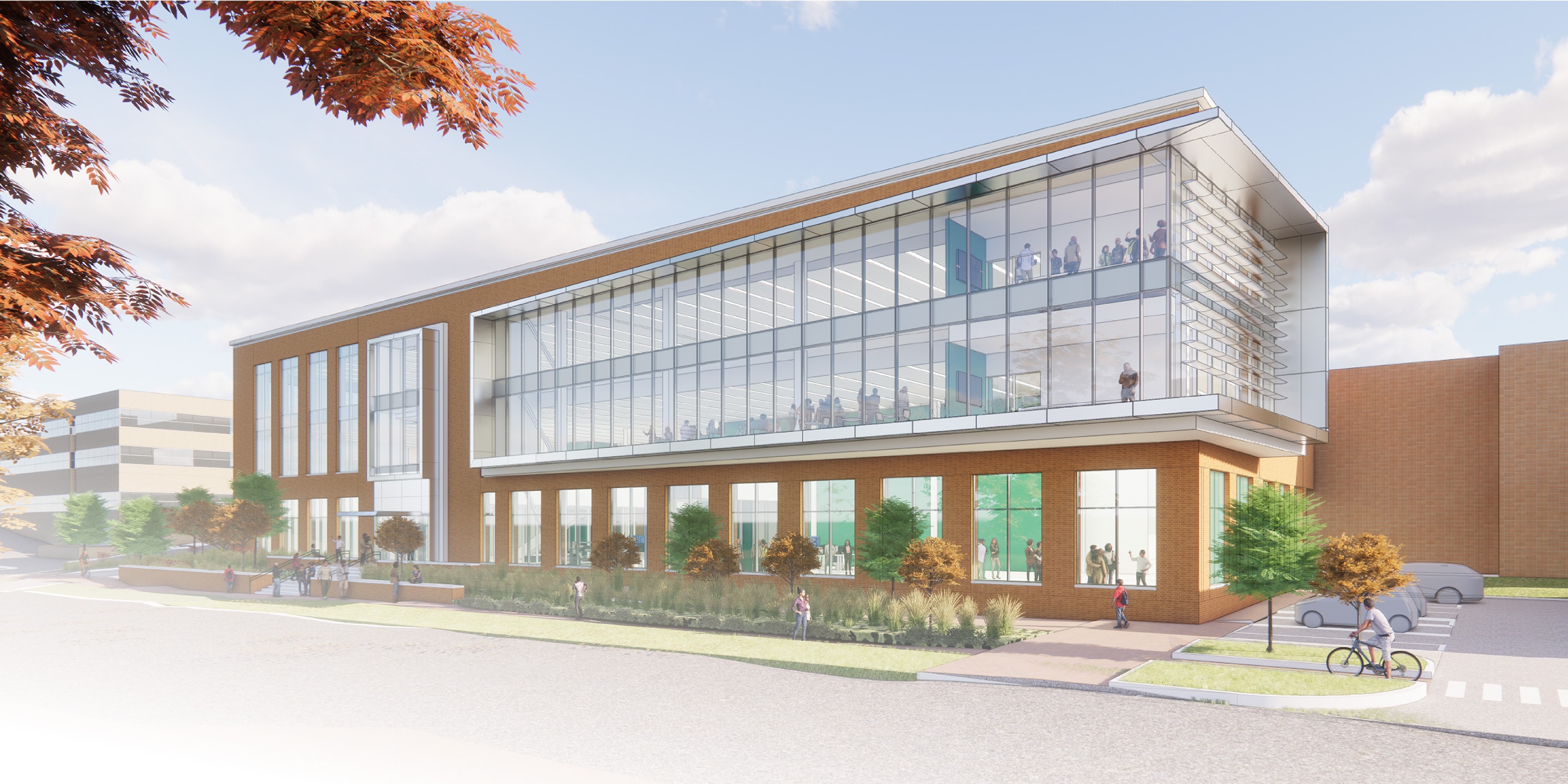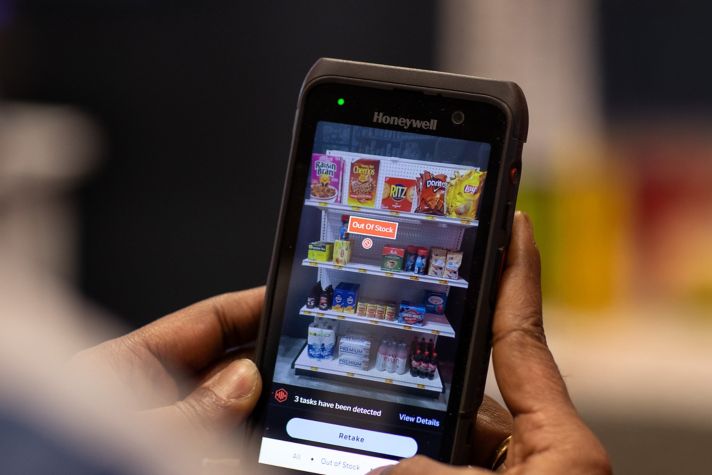-
Global
-
Africa
-
Asia Pacific
-
Europe
-
Latin America
-
Middle East
-
North America
- |
- BUSINESSES
- |
- Contact
- |
-
Global
-
Africa
-
Asia Pacific
-
Europe
-
Latin America
-
Middle East
-
North America
- |
- BUSINESSES
- |
- Contact
- |
You are browsing the product catalog for
You are viewing the overview and resources for
- Podcast
- 5 Questions on Trust in the Age of AI with Microsoft’s Nicole Dezen
Artificial intelligence (AI) has the potential to make the world safer, smarter and more connected.
For example, Honeywell and Microsoft are partnering to drive new levels of productivity for industrial operations by combining Honeywell Forge with the power of Microsoft’s cloud platform and AI technologies. This can give workers access to real-time data, helping them make informed decisions faster – and is one of the many ways that AI has the potential to enable teams to be more productive.
On “The Future Is...” podcast, we heard from Nicole Dezen, Chief Partner Officer and Corporate Vice President, Global Partner Solutions at Microsoft, on how current leaders can unleash AI’s capabilities and why it is essential to create a basis of trust when they use and adopt these new technologies.
Listen to Nicole’s conversation with Kevin Dehoff, Honeywell’s Chief Strategy Officer and Honeywell Connected Enterprise President and CEO, and keep reading for a few key highlights from the episode.
The excerpts from the interview have been slightly edited for brevity.
How is Microsoft approaching the topic of AI – specifically trust in the age of AI?
Nicole Dezen: This is something that is paramount to Microsoft – something we're incredibly focused on. At Microsoft, we call this responsible AI. We think about the safety, security, and integrity of AI and the really important role that Microsoft plays to lead the world in safe and ethical uses of AI.
Inside the company, we've adopted six AI principles that guide our development and deployment efforts: fairness, reliability and safety, privacy and security, inclusiveness, transparency and accountability. These principles are really rooted in values, and I believe they're core to human rights. The other thing we did is we've established an Office of Responsible AI, and this is what guides everything we do in our company to put those six AI principles into practice.
What are some of the key considerations for leaders in thinking about the application of AI and how we better enable our teams and more effectively manage operations?
Nicole Dezen: Skilling is a topic on every leader's mind and something we're looking at very deeply at Microsoft. We've got to skill our workforce for such an incredible wave of new innovation and tech, and we encourage our partners and customers to do the same.
[AI can help] with some of the gaps and other challenges that leaders are seeing. I always believe that with any technology tool, the leader should really start with: “What's the business impact needed?” It's not about tech for tech’s sake. It's about solving problems. And with AI, it's the same question. How can AI solve these leaders' problems? And then how do you leverage capabilities like predictive analytics and forecasting, which are new enhancements that are brought about with generative AI?
How can organizations maintain trust both internally and externally around both the data, but also the content that’s now being generated by AI?
Nicole Dezen: I fundamentally believe that we have to be transparent about how and when we're using AI, and then there's a lot of work in change management and culture change to make sure that every user understands the appropriate uses and the limitations of AI tools. There's a reason that Microsoft calls them Copilots. They're there to assist us.
I've talked to so many of our partners about how they could establish a responsible AI code, policy and practice. We've published all of our data. I encourage everyone to check it out and figure out what's applicable to your business needs and your culture.
Finally, you have to have really clear privacy and security policies and be very clear with users and your customers or partners about responsible use of data. One of the things that we've been very intentional about and very public about is the fact that a customer's data is their data, and we don't use any customer's data in enriching or training our models in any way or in any of our offerings.
Could you talk a little bit more generally how you work with partners around AI solutions and changing business models?
Nicole Dezen: This is what motivates me every single day. It's my commitment to helping our partners succeed, and there are a lot of tools that we've created in order to enable us to do that in this era of AI.
We started with launching the next generation of our partner program, the Microsoft AI Cloud Partner Program, in July. This is intended to be the umbrella for all the tools, resources, investments, and skilling that enable our partners to build AI practices, develop AI solutions and services, deliver go-to-market resources and assets so that they can meet just the incredible customer demand that we're seeing in market for all these capabilities.
A recent report by Gartner said that global spending on AI is expected to surpass $300 billion by 2026. I'm urging partners to get in the journey wherever they are in their maturity on this business. We have the ability to support them. We've already had thousands of partners earn their data and AI solution designation and they're building modernized AI apps with Azure specializations. These are important because the designations and specializations are what gives the partner the ability to signal to a customer that they have the technical skills to build, manage, and deliver AI transformation across these industries.
How do you envision AI in five or 10 years from now, and what role does the partner ecosystem play in where this is all headed?
Nicole Dezen: We're in the earliest days, but at the same time, the pace of innovation is faster than any technology shift we've previously seen, so it’s an exciting time to be in tech.
Generative AI is projected to add almost $10 trillion to global GDP in the next decade, and we envision a future where AI becomes an integral part of our lives. It's going to impact industries, productivity, and innovation.
We emphasize the importance of coming together with our partners because our partners are delivering a lot of innovation at the face of the customer and serving every community, country and sector, particularly at times of rapid change, like right now.
Partners are playing such a crucial role in the vision and leveraging the power of AI in their own solution development and business models.
The other thing that's been really motivating is that so many of the new use cases, scenarios, solutions, innovation and creativity are coming directly from our partner ecosystem. I think that technology and certainly generative AI have the power to solve some of the biggest challenges in the world today. That's challenges and fields like healthcare, energy, aerospace, and supply chain, and I'm just so excited to see what we can all do together to deliver on that promise.
For more from “The Future Is...” podcast, visit us on YouTube, Spotify and Apple Podcasts.
Copyright © 2026 Honeywell International Inc.





